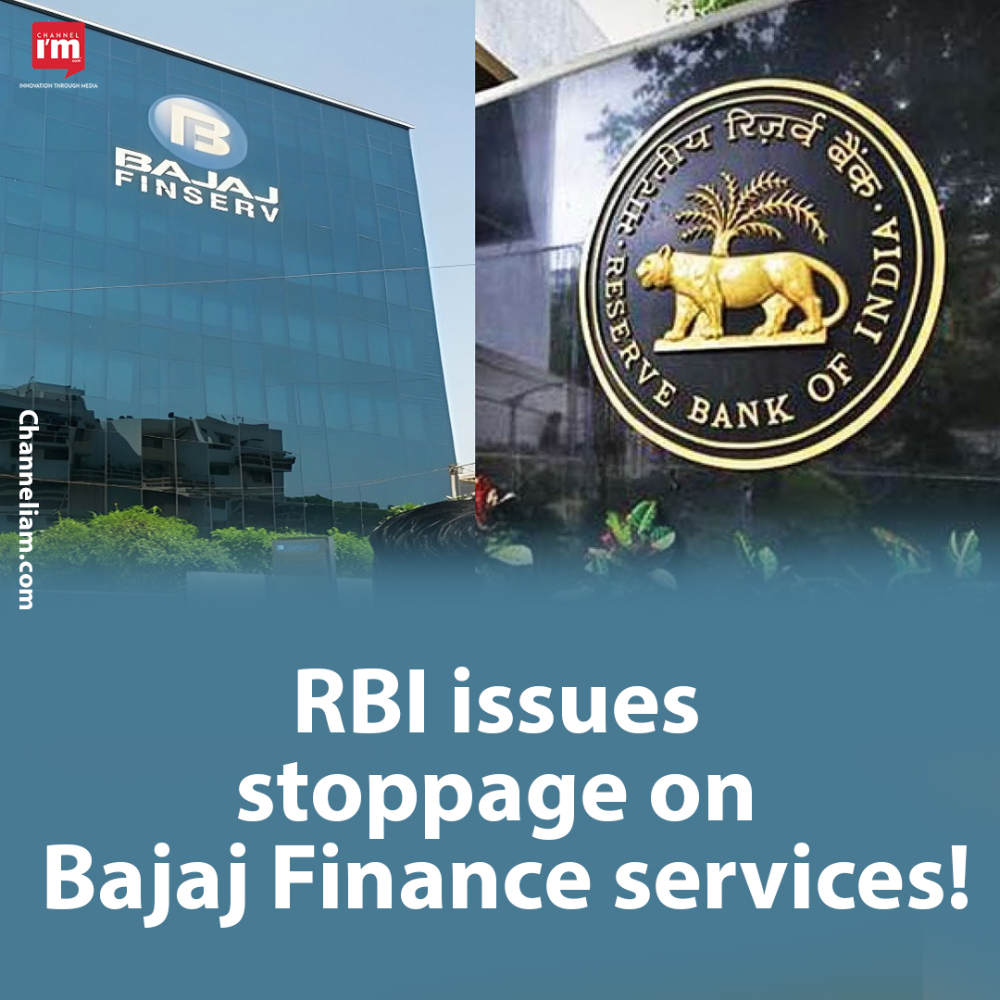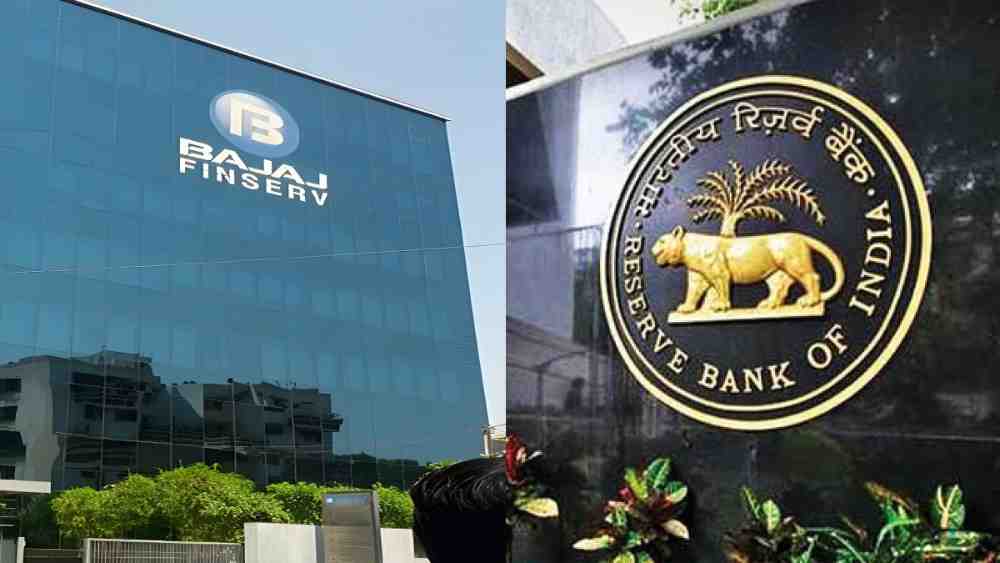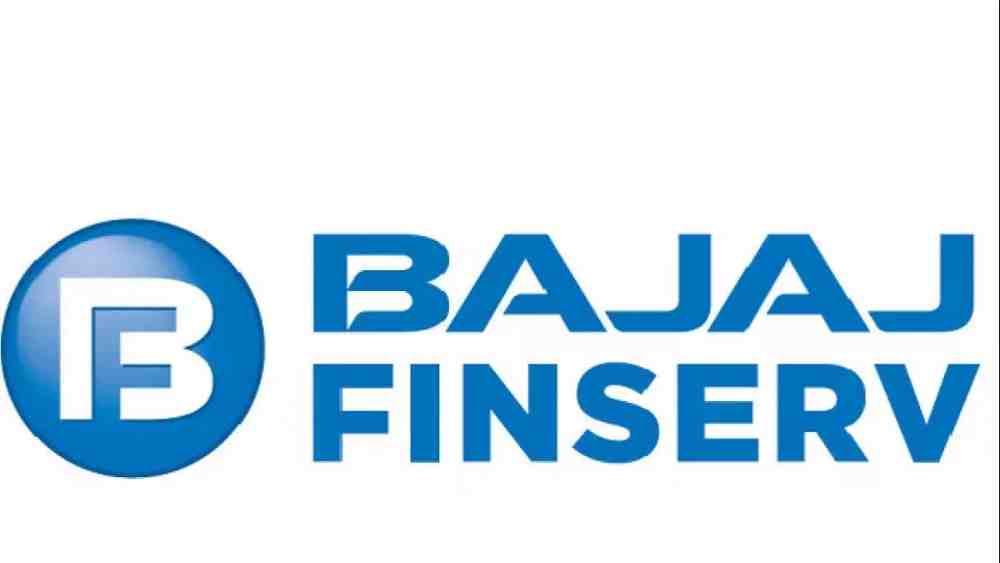
RBI Directs Bajaj Finance to Halt eCOM and Insta EMI Card Loans: A Deep Dive into Regulatory Intervention
In a recent development, the Reserve Bank of India (RBI) has directed Bajaj Finance to immediately cease the sanction and disbursal of loans under its two prominent lending products, namely ‘eCOM’ and ‘Insta EMI Card.’ This move comes because of the company’s non-compliance with the digital lending guidelines set forth by the RBI. This article delves into the specifics of the directive, the regulatory framework, and the implications for Bajaj Finance.
Regulatory Intervention and its Basis:
The RBI, utilizing its powers under section 45L(1)(b) of the Reserve Bank of India Act, 1934, issued a directive to Bajaj Finance due to the company’s failure to adhere to the existing provisions of the RBI’s digital lending guidelines. The central bank’s intervention is a response to Bajaj Finance’s shortcomings, particularly in the issuance of Key Fact Statements, a crucial element outlined in the digital lending guidelines.

Immediate Impact on Bajaj Finance:
Because of the directive, Bajaj Finance has promptly suspended the sanction and disbursal of new loans under the ‘eCOM’ and ‘Insta EMI Card’ products. This move is likely to have immediate repercussions on the company’s operations and could potentially affect its financial performance.
Supervisory Restrictions and Review Mechanism:
The supervisory restrictions imposed by the RBI will persist until Bajaj Finance rectifies the identified deficiencies to the satisfaction of the regulatory authority. The central bank has outlined a clear review mechanism, indicating that these restrictions will be reconsidered only upon the successful rectification of the specified issues. This places the onus on Bajaj Finance to address the deficiencies promptly to resume normal lending operations.

Key Concerns:
At the heart of the RBI’s directive is Bajaj Finance’s failure to issue ‘key fact statements’ to borrowers under the ‘eCOM’ and ‘Insta EMI Card’ products. This lapses in transparency directly violate the digital lending guidelines, emphasizing the importance of clear and comprehensive communication with borrowers. The deficiencies identified in the key fact statements related to other digital loans sanctioned by Bajaj Finance have further contributed to the regulatory action.
Digital Lending Guidelines and Consumer Protection:
The RBI’s digital lending guidelines, introduced in August of the previous year, aim to protect consumers from predatory lending practices and ensure transparency in the lending process. The guidelines focus on the digital lending ecosystem of RBI Regulated Entities (REs) and lending service providers (LSPs), underscoring the need for responsible and ethical lending practices in the digital era.
Bajaj Finance Profile and Market Response:
Bajaj Finance, a Pune-headquartered non-banking financial company, offers a diverse range of financial services, including consumer finance, SME finance, and commercial lending. The company has reported a substantial rise in its consolidated net profit, indicating a robust financial performance. However, the recent regulatory intervention has led to a decline in the company’s shares, ending at ₹7,223.95 on the BSE.

The RBI’s directive to Bajaj Finance reflects the regulatory body’s commitment to enforcing compliance with digital lending guidelines and ensuring consumer protection. The immediate suspension of loan disbursements under the ‘eCOM’ and ‘Insta EMI Card’ products underscores the severity of the identified deficiencies. Bajaj Finance now faces the critical task of rectifying these issues to alleviate the supervisory restrictions and regain the RBI’s confidence in its lending practices. This episode serves as a stark reminder to financial institutions of the imperative to prioritize transparency and adherence to regulatory guidelines in the digital lending landscape.
